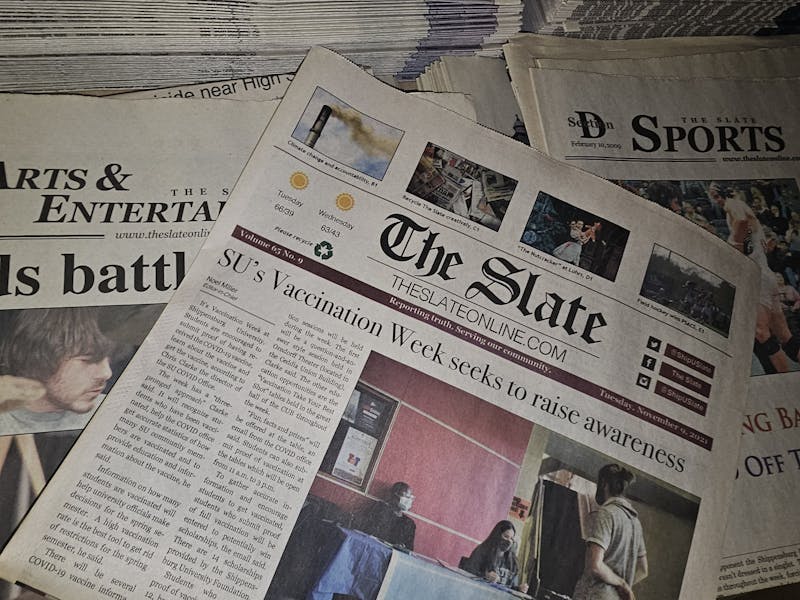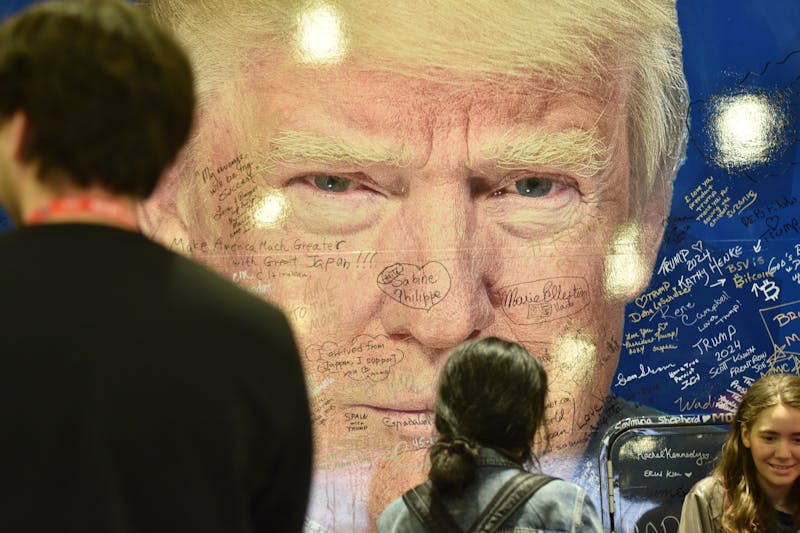A few years ago, I began to suffer the effects of stagnation. Every day seemed the same and there were no moves being made to change that. A word of warning to those readers who may identify with this feeling — it is a recipe for discontent.
Setting goals is the remedy to this malady, as striving toward something gives one purpose. For me, the goal was to return to school. I worked in healthcare at the time and naturally believed that the next logical move was to improve my standing in that field.
I considered getting an associate’s degree in nursing. Working full time [LR1] and proceeding with some trepidation because of nerves and self-doubt, I decided to test the waters by taking two classes at a local community college — an English 101 class and an intro to philosophy class. They would forever change the trajectory of my life for the better.
On the first day of my English 101 class, my professor, an adjunct who taught high school full time, asked the class to define what it meant to be an educated person. The example he used to define the answer to that question was to ask the class to imagine that they were invited to dinner.
At this dinner, you are seated with people that speak eloquently about many topics. Their knowledge and their ability to keep up with whatever is being discussed captivates you, and on your way home, you know that your fellow dinner guests were “educated.”
That ability to speak with authority on a bevy of topics is the result of being well-versed in the liberal arts, he concluded. I promise you that I am underselling this lesson and the vigor with which it was passed onto us.
Meanwhile, in philosophy, we were assigned to an excerpt from “Meditations on First Philosophy” by Rene Descartes. In it, the French philosopher ponders how many inaccuracies he has been exposed to in his life. He resolves to dispense with everything he believed he knew to be true and start from scratch. To do this, he would need to start with one thing he knew to be true. That first truth would be the famous proclamation, “I think, therefore I am.”
I would eventually learn that there were various philosophical lessons connected to that excerpt. Chief among them was the idea of “first mover” and the questioning nature of the Platonic method. The former was a theory for God’s existence put forward by Thomas Aquinas, who argued that there cannot be an endless chain of cause and effect without a starting point — God.
For Descartes, that starting point was his rational mind. As for the latter, Descartes was practicing the art of the Platonic by posing a series of questions to test his theories. This same method leads philosophy to bleed into the sciences, as it is the foundation of the scientific method.
Speaking of Plato, he would make an appearance back in my English class. To follow up on the importance of liberal arts education, the professor taught us Plato’s “Allegory of the Cave.” The crux of the lesson revolved around how our perceptions can be changed by what we are exposed to. In our class’s case, it served to demonstrate the value of a liberal arts education. You can begin to see how these courses synergize despite the professors not coordinating with each other in any way.
I lasted a month before I decided to change my major to philosophy. It would eventually transition to journalism, but that is a different story. This classical form of education enthralled me. The pursuit of truth forged in the internal quest to challenge my own convictions gave me purpose. I became an avid reader and set out to become a better writer.
The lessons learned in those classes stick with me today, but they are not in any way new. Aristotle’s “Nicomachean Ethics” teaches us how to model our lives after what we observe to be a virtuous life. For me, that was a life of education.
If done correctly, many would benefit from the virtues of a classical education provided by the liberal arts. Never once was I told what professors thought about an issue involving contemporary politics. Instead, I was taught to ponder life’s biggest questions and given the tools to either reinforce or challenge my beliefs.
This is the path to a better life, but do not take my word for it. Take Aristotle’s, who defined happiness, essentially as rational activity done with excellence in accordance with virtue. The liberal arts, namely philosophy, give us the tools to do just that.




The Slate welcomes thoughtful discussion on all of our stories, but please keep comments civil and on-topic. Read our full guidelines here.